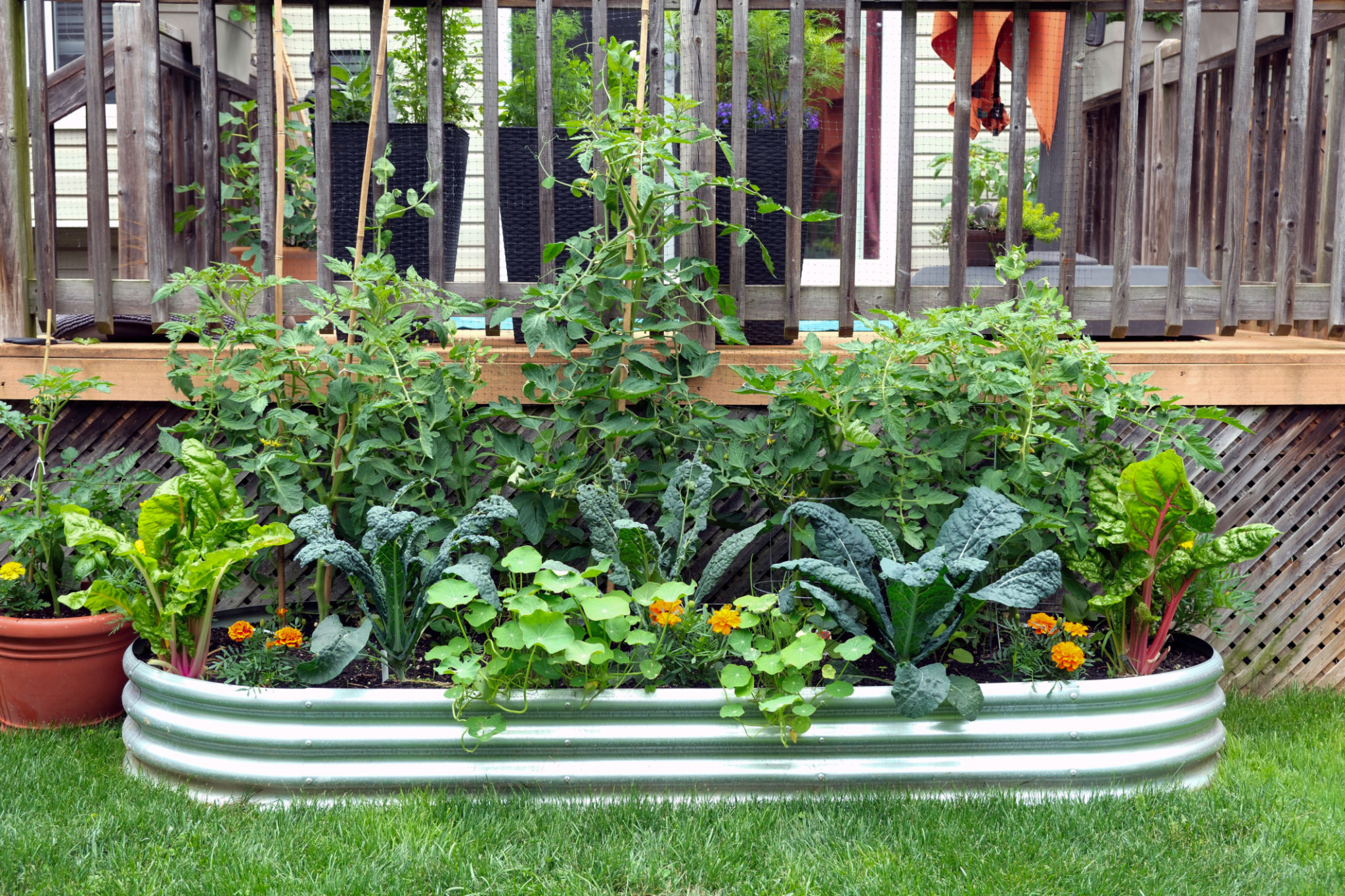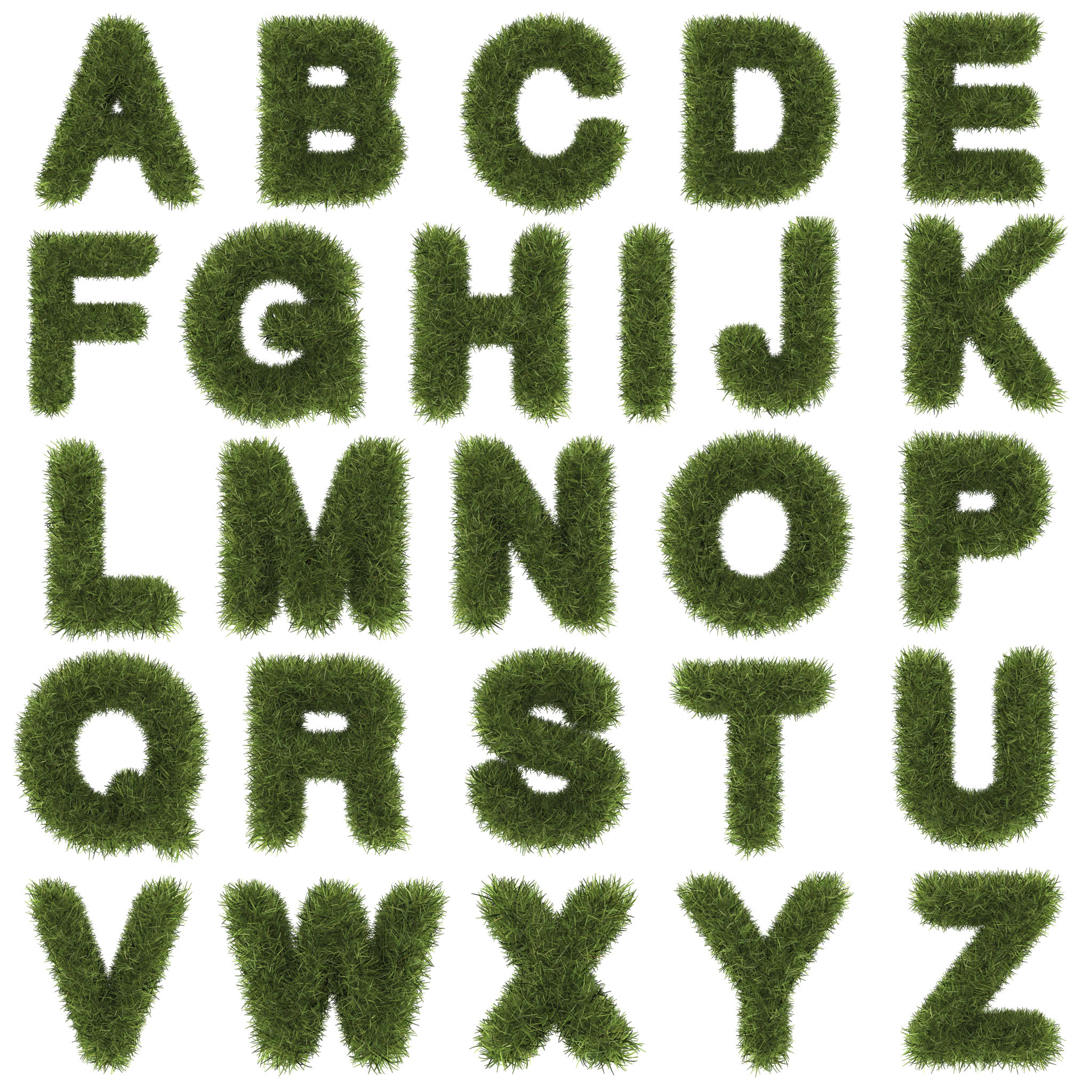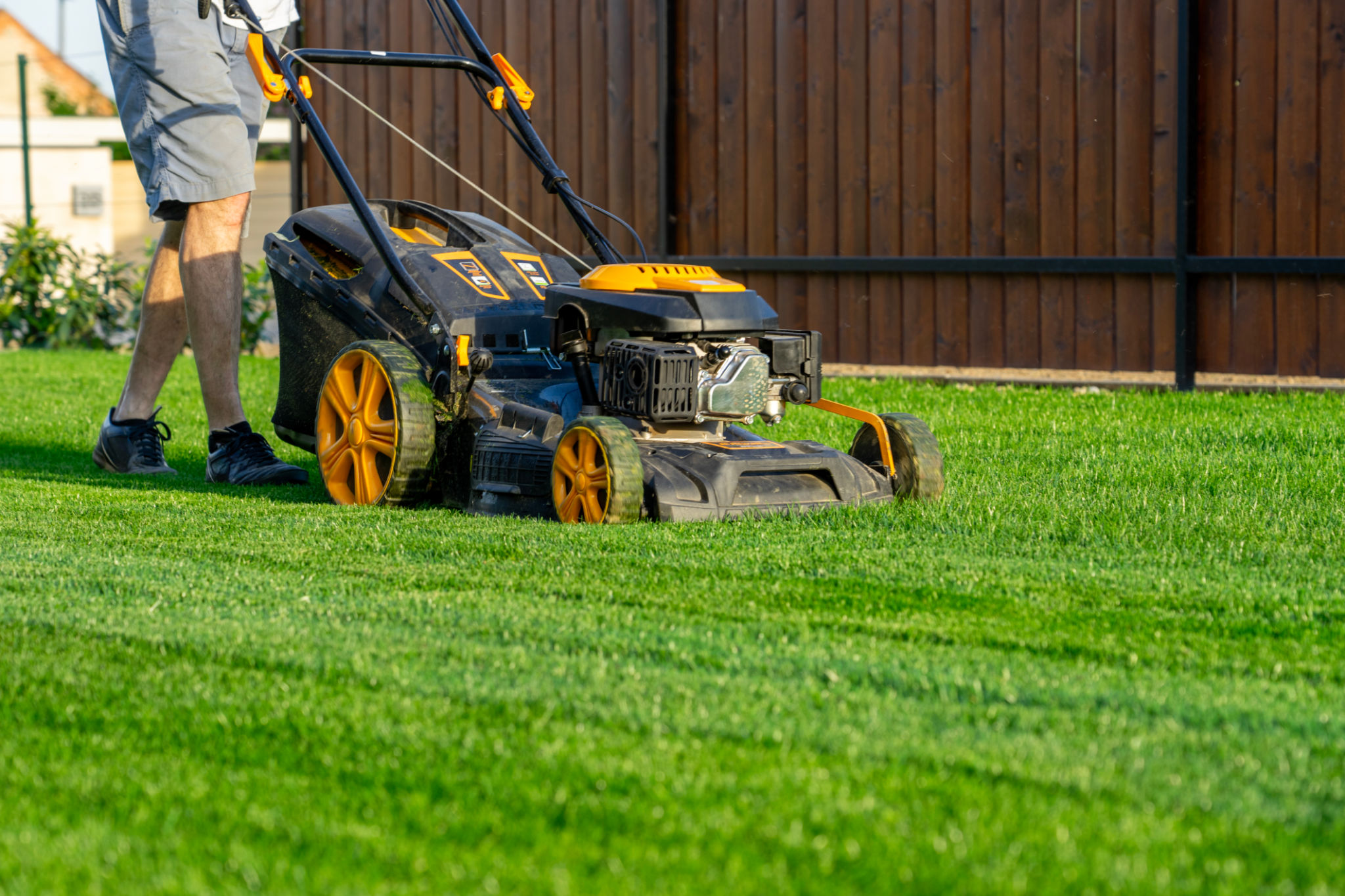DIY Eco-Friendly Lawn Care: Sustainable Practices for Detroit Residents
Introduction to Eco-Friendly Lawn Care
As more Detroit residents become environmentally conscious, the demand for sustainable lawn care practices continues to rise. Transitioning to eco-friendly lawn care not only benefits the environment but also enhances the health and beauty of your lawn. This guide will equip you with the essential tools and techniques to maintain a lush, green lawn while minimizing your ecological footprint.

Understanding Soil Health
Healthy soil is the foundation of any sustainable lawn care regimen. Start by testing your soil to determine its pH levels and nutrient content. This information will help you choose appropriate amendments to improve soil quality. Consider incorporating organic matter such as compost, which enriches the soil with essential nutrients and improves water retention.
Choosing the Right Grass
Selecting the appropriate grass species for your lawn is crucial for sustainability. Native grasses are typically more resilient and require less water and maintenance. In Detroit, consider species such as Kentucky Bluegrass or Fine Fescue, which thrive in the local climate and soil conditions.

Water Conservation Techniques
Water is a precious resource, and conserving it should be a priority in your lawn care routine. Implementing efficient irrigation practices is key. Water your lawn early in the morning to reduce evaporation, and consider using drip irrigation systems that target plant roots directly. Additionally, installing rain barrels can help you collect rainwater for later use.
Natural Pest Control Methods
Pest management is another area where eco-friendly practices can make a significant difference. Instead of relying on chemical pesticides, explore natural alternatives such as neem oil or diatomaceous earth, which are effective against common lawn pests. Encouraging beneficial insects like ladybugs can also help keep harmful pests in check.

Embracing Organic Fertilizers
Switching to organic fertilizers is a sustainable alternative to chemical counterparts. Organic options release nutrients slowly, promoting steady growth without harming the environment. Look for fertilizers rich in nitrogen, phosphorus, and potassium derived from natural sources like bone meal or fish emulsion.
Mowing and Maintenance Practices
Proper mowing techniques can significantly impact your lawn’s health. Set your mower blades to a higher setting to allow grass to grow longer, which shades the soil and reduces water loss. Regularly sharpening mower blades ensures clean cuts, preventing disease spread. Mulching grass clippings can also return valuable nutrients back into the soil.

Creating a Wildlife-Friendly Habitat
Transforming your lawn into a haven for local wildlife is both rewarding and sustainable. Planting native flowers and shrubs attracts pollinators such as bees and butterflies, enhancing biodiversity. Consider leaving a small section of your lawn unmowed or installing birdhouses to encourage feathered friends to visit your yard.
By adopting these DIY eco-friendly lawn care practices, Detroit residents can enjoy beautiful lawns that are kind to the planet. Implementing these strategies not only conserves resources but also contributes to a healthier ecosystem for future generations.